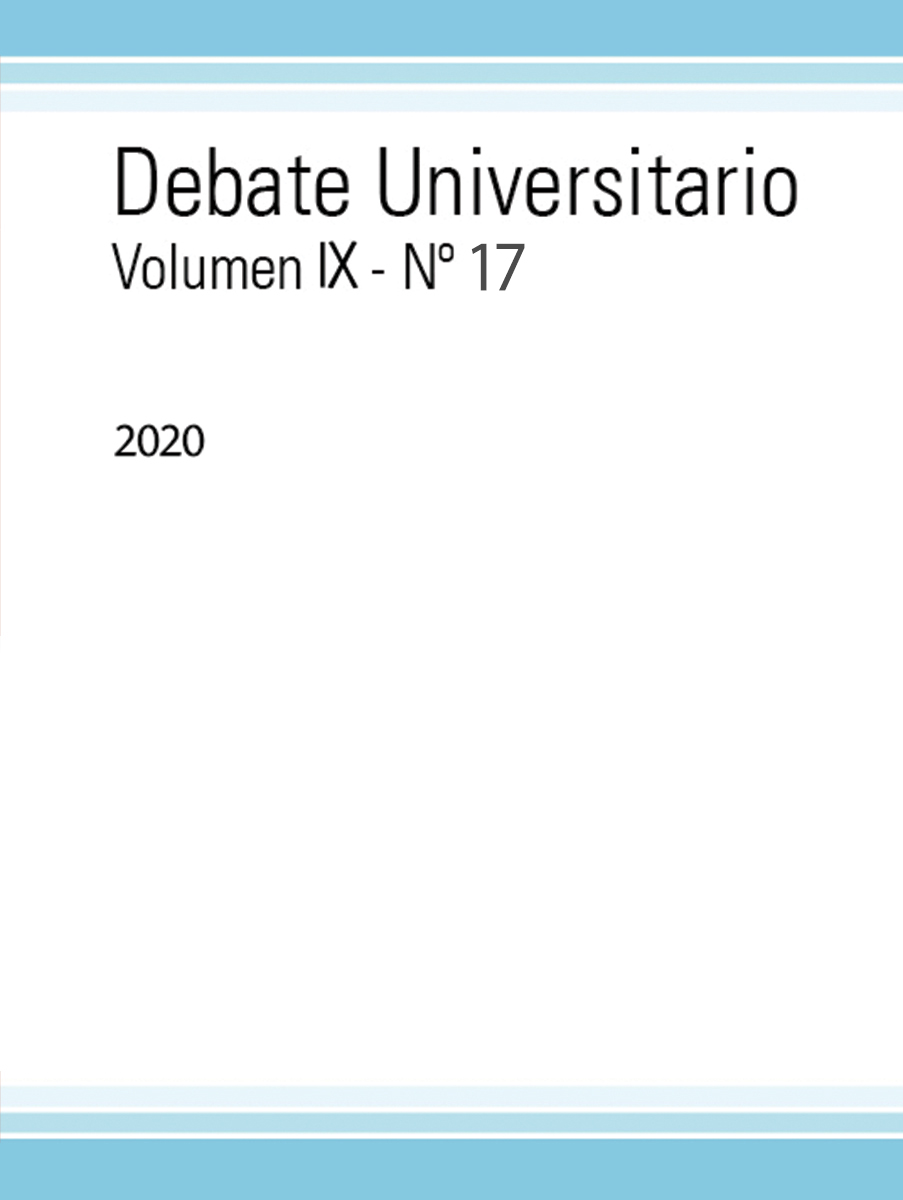Preliminary evidence on the 1918 university reform as a shock within the 1880-1929 long cycle of Argentina's small open economy
DOI:
https://doi.org/10.59471/debate202050Keywords:
University reform, Economic cycles, Códigos JEL: I21, I23, N46Abstract
The article analyzes the influence of economic factors on the emergence of university reforms during the long period of economic progress in Argentina 1880-1929, which, in economic literature, is associated with the country’s insertion into the global economy. A simple model helps to identify recurring cycles of growth, crisis and slowdown of the economy in this period. The employment channel connects the growth cycles with the development of reformist university student movements in this model. Cycles of growth induced the emergence of new and more complex professional job demands for leadership positions. The reformist university student movements acquired, in turn, stronger visibility during the economic slowdown and crisis stages, when the demand for professional employment weakened. Preliminary evidence indicates that the University of Buenos Aires demonstrated, in this
period, greater institutional capacity for adaptation to society in relation to the National University of Córdoba. This could explain the force that finally reached the outbreak of Córdoba in 1918
Downloads
Downloads
Published
Issue
Section
License
Copyright (c) 2019 Héctor Gertel, Manuel Blasco (Autor/a)

This work is licensed under a Creative Commons Attribution 4.0 International License.










